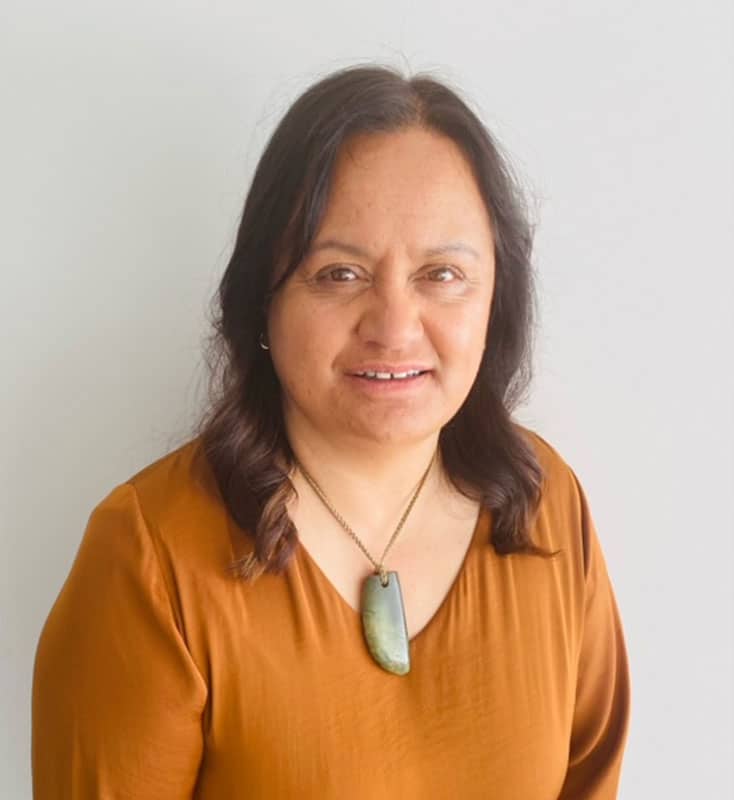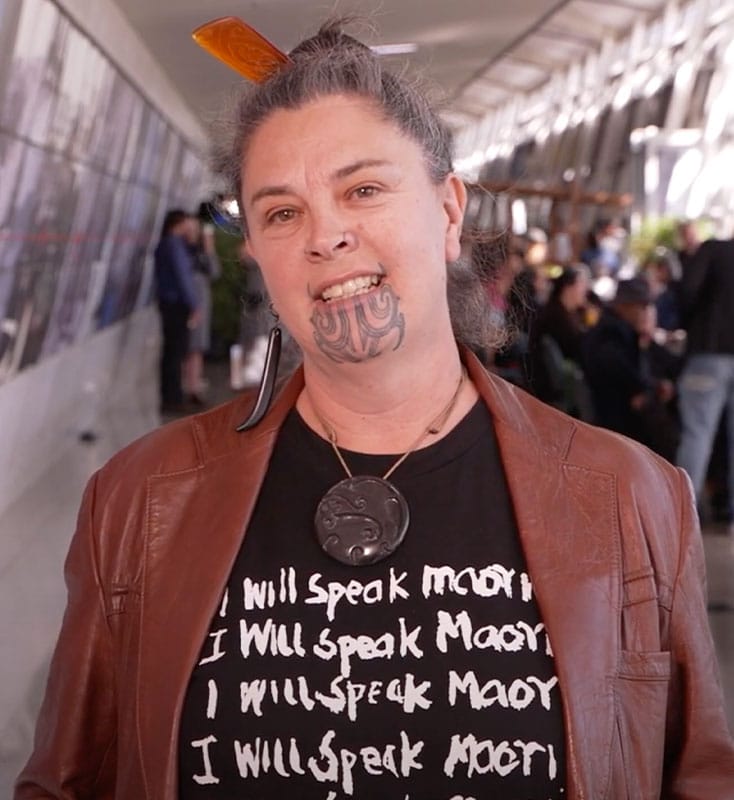Cunningham, C., Durie, M., Fergusson, D., Fitzgerald, E., Hong, B., Horwood, J., et al.
Health Housing Need Housing Quality
Ministry of Social Development, ,
2002
Read Publication
This report, part of a series by the Ministry of Social Development, provides a comprehensive analysis of the living standards of older Māori in New Zealand.
The objective was threefold: to assess the applicability of the Material Well-being Scale for older Māori, to offer detailed information on their living standards and influencing factors, and to compare these findings with those from a previous study on the general older population. The study involved 542 Māori participants aged 65 to 69 years, revealing significant diversity in socio-economic conditions, identification with te ao Māori (the Māori world), and health status. Notably, the report found that older Māori, especially those who are single, face more severe material hardship compared to their non-Māori counterparts, characterised by lower income levels, savings, and home ownership. Key predictors of living standards among older Māori identified in the study include net annual income, savings and investments, accommodation costs, economic life events, and family size. The research suggests that those most at risk are reliant on New Zealand Superannuation, lack savings or assets, have housing costs, and have experienced financial stress. The report recommends sustaining current income support schemes and implementing targeted policies to assist those in hardship. It emphasises the need for comprehensive strategies to address broader health, educational, and economic disparities between Māori and non-Māori. Additionally, it underscores the importance of developing pre-retirement policies tailored to the needs of the Māori community.










